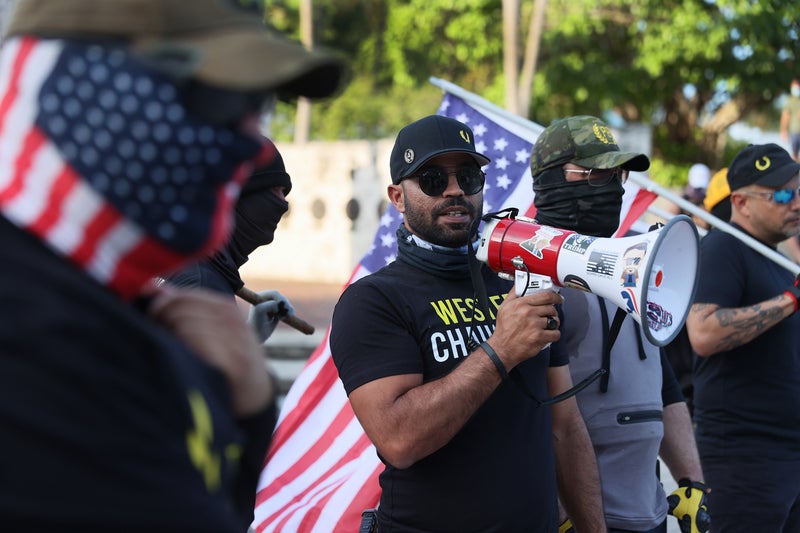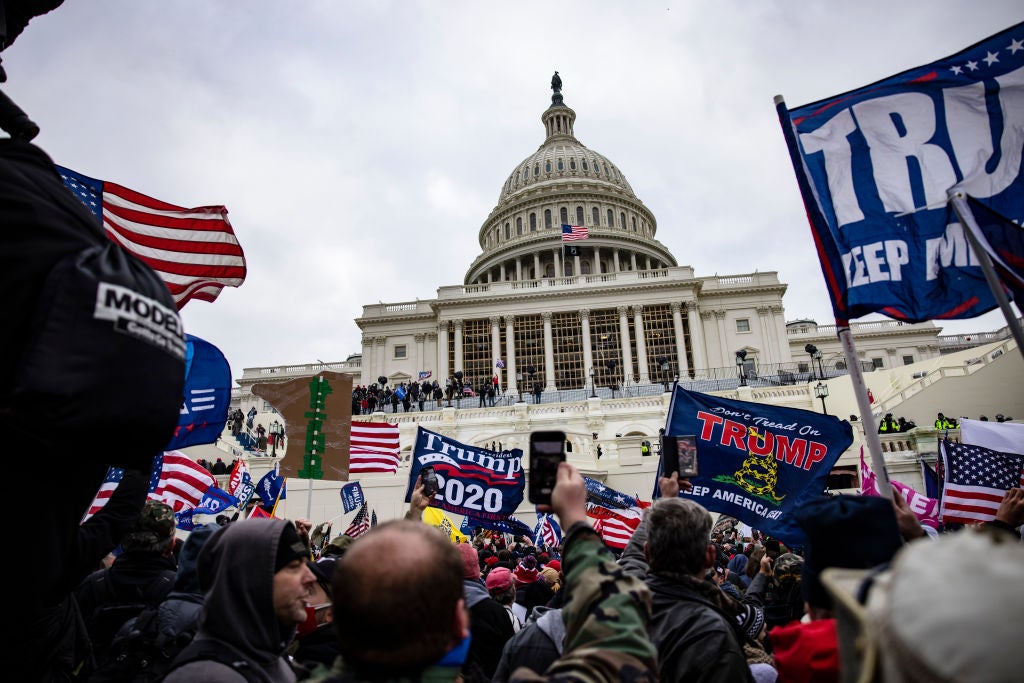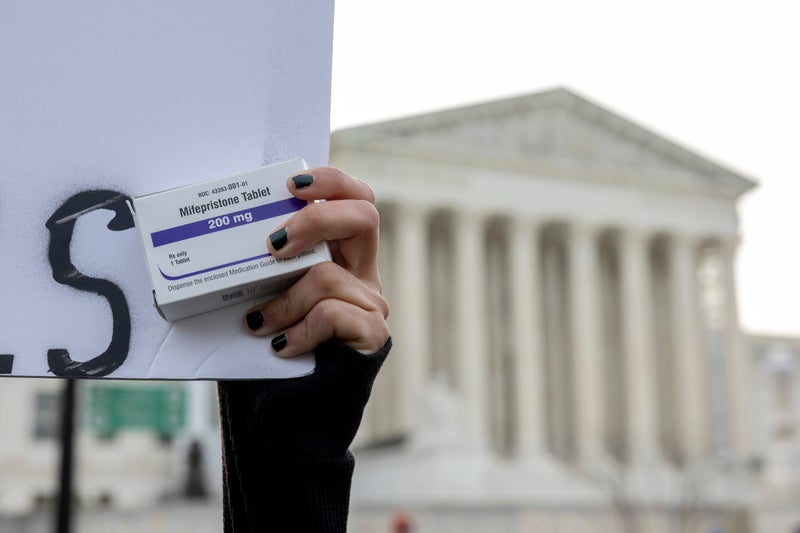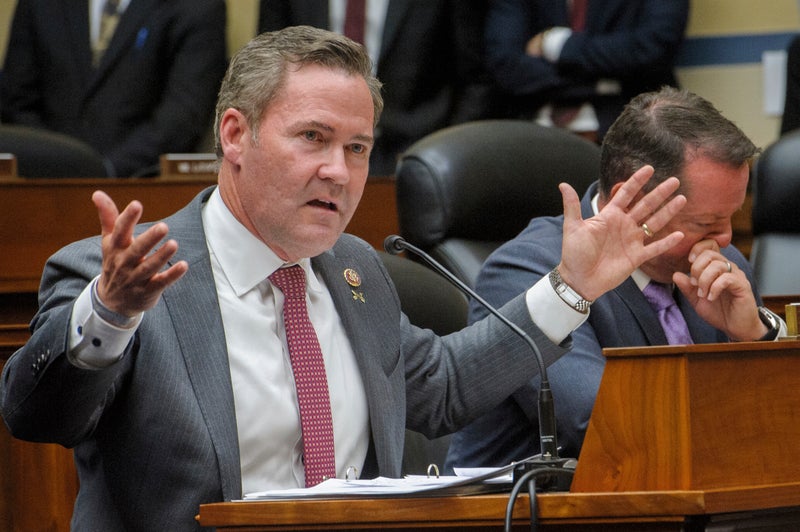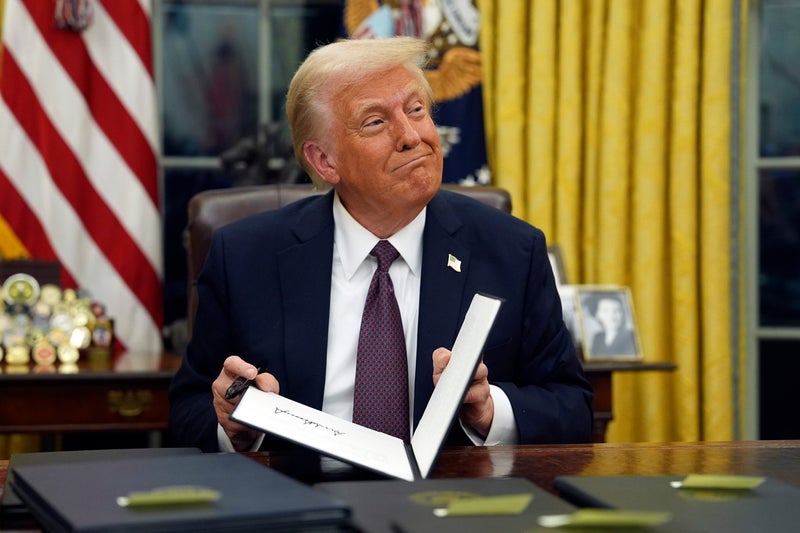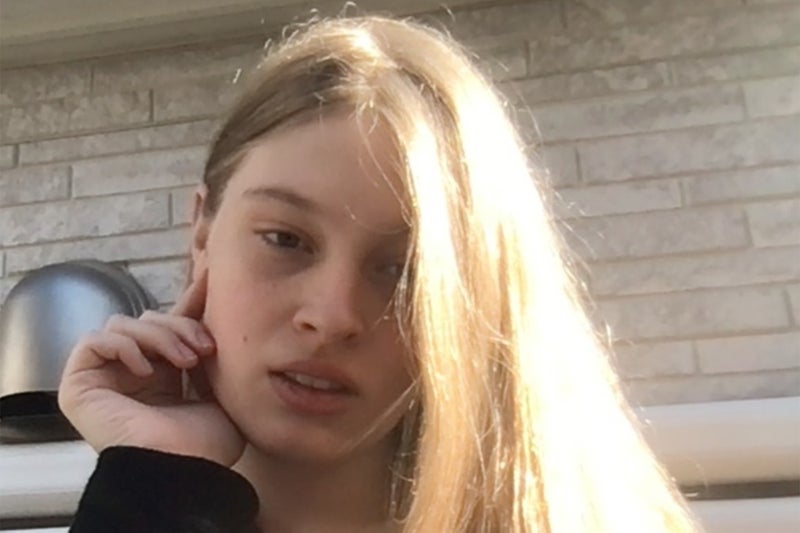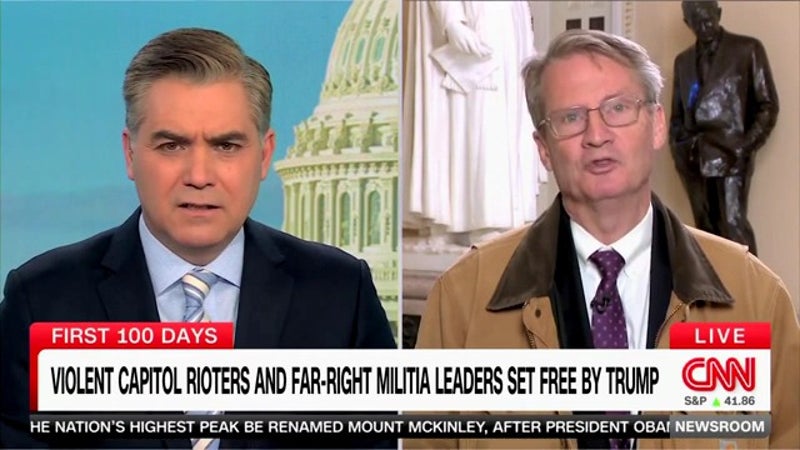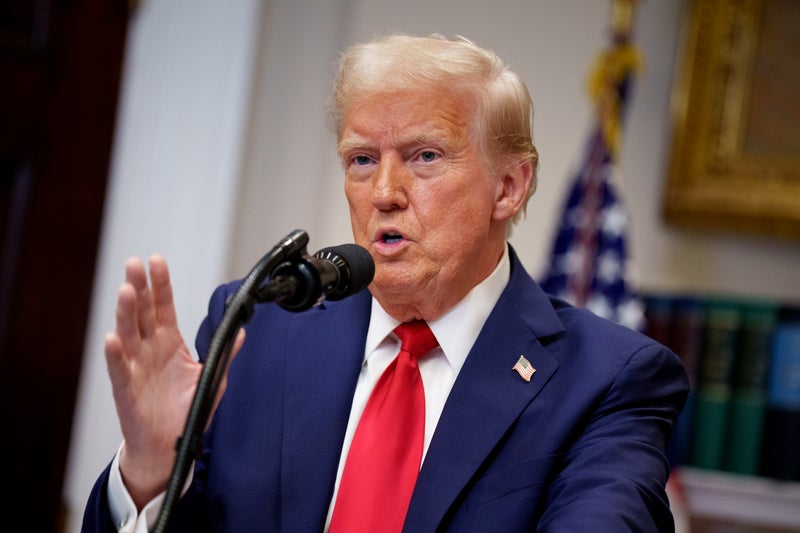Trump rewrites the violence of January 6 and ‘legitimates future ones’
Share:
If criminal charges were meant to deter acts of violence, the pardons of over 1,500 people do the opposite, say experts. Donald Trump spent the four years after the January 6 insurrection attempting to rewrite the violence and chaos he inspired as his supporters stormed the US Capitol.
On the first day of his second term as president, he took the rewriting to its final step by issuing pardons and reducing sentences for those involved in the insurrection, including the leaders of far-right militias and those who battled with police that day.
If the criminal charges were meant to deter future acts of political violence, the pardons of more than 1,500 people do the opposite, experts said. “This is going beyond rewriting what January 6 was,” said Robert Pape, the director of the Chicago Project on Security and Threats at the University of Chicago who has studied January 6 defendants. “This is about legitimating future January 6ths.”.
A procession of Proud Boys marched in Washington on Monday, carrying a banner that congratulated Trump on his victory, a visible representation of the welcome the far right is receiving from the new administration, and their former national chairperson, Enrique Tarrio, received a full pardon. Stewart Rhodes, the founder of the rightwing Oath Keepers militia group, had his sentence commuted.



